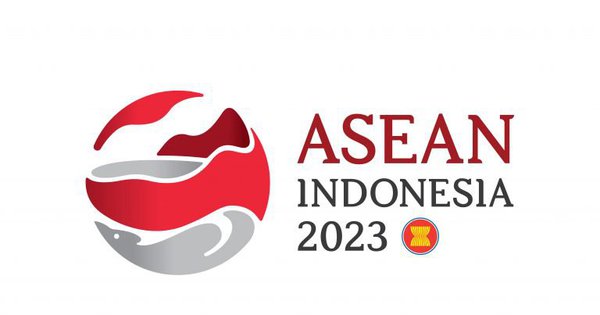Ambassador Dang Hoang Giang speaking at High-Level Political Forum on Sustainable Development (Photo: VNA)
Giang, who is the country’s Permanent Representative to the UN, assessed that the international community has not yet made progress as planned in the implementation of the 17 SDGs at the mid-point of the implementation of the 2030 Agenda.
Therefore, it is necessary to take stronger and more urgent measures with the participation of multi-stakeholders to speed up implementation to be able to complete the SDGs by 2030, he said.
Over the past seven years, Vietnam has carried out the National Action Plan to implement the 2030 Agenda and the SDGs across the country with the participation of all sectors and the principle of “no one is left behind”. The country has made remarkable progress, especially in reducing poverty, ensuring clean water and sanitation, accessing quality education, ensuring universal health coverage, creating jobs and enhancing coverage of the social welfare system, building peace and justice, and perfecting its institution.
However, it still faces major challenges in implementing the SDGs such as responding to global issues, and climate and environmental risks; pressure to fulfill international commitments and ensuring balance with development and financial resources.
From its experience, Vietnam proposes several measures to accelerate the implementation of the SDGs in the second half of the decade. Firstly, countries need to maintain a people-centred approach, with stakeholders’ participation in the implementation of the 2030 Agenda. Secondly, it is necessary to maintain macroeconomic stability and sustainable post-pandemic recovery, and effectively mobilise and use financial resources for sustainable development. Thirdly, countries should prioritise investment in human resources, science, technology, innovation and infrastructure as tools for SDG implementation. And lastly, attention should be paid to narrowing the gap of available data with 232 global SDG indicators to monitor and evaluate the progress, stated Giang.
The diplomat affirmed that Vietnam will continue its role as a responsible member of the international community, coordinating with other countries to contribute to common efforts in the implementation of the SDGs by 2030./.
Therefore, it is necessary to take stronger and more urgent measures with the participation of multi-stakeholders to speed up implementation to be able to complete the SDGs by 2030, he said.
Over the past seven years, Vietnam has carried out the National Action Plan to implement the 2030 Agenda and the SDGs across the country with the participation of all sectors and the principle of “no one is left behind”. The country has made remarkable progress, especially in reducing poverty, ensuring clean water and sanitation, accessing quality education, ensuring universal health coverage, creating jobs and enhancing coverage of the social welfare system, building peace and justice, and perfecting its institution.
However, it still faces major challenges in implementing the SDGs such as responding to global issues, and climate and environmental risks; pressure to fulfill international commitments and ensuring balance with development and financial resources.
From its experience, Vietnam proposes several measures to accelerate the implementation of the SDGs in the second half of the decade. Firstly, countries need to maintain a people-centred approach, with stakeholders’ participation in the implementation of the 2030 Agenda. Secondly, it is necessary to maintain macroeconomic stability and sustainable post-pandemic recovery, and effectively mobilise and use financial resources for sustainable development. Thirdly, countries should prioritise investment in human resources, science, technology, innovation and infrastructure as tools for SDG implementation. And lastly, attention should be paid to narrowing the gap of available data with 232 global SDG indicators to monitor and evaluate the progress, stated Giang.
The diplomat affirmed that Vietnam will continue its role as a responsible member of the international community, coordinating with other countries to contribute to common efforts in the implementation of the SDGs by 2030./.
Q.Hoa t.h / VNA




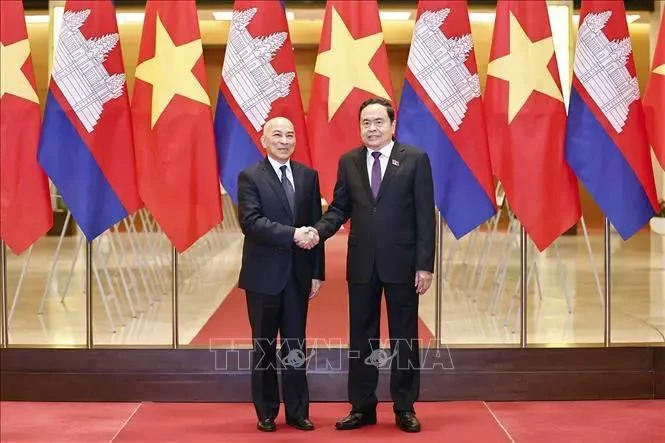

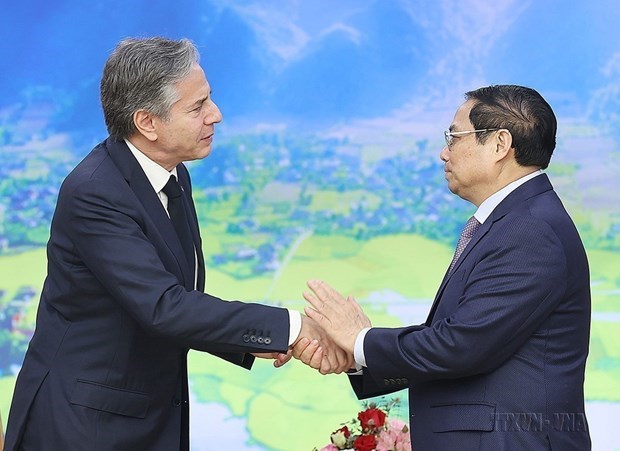
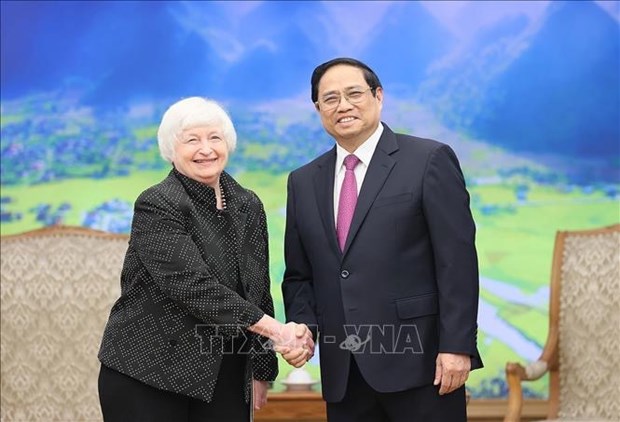
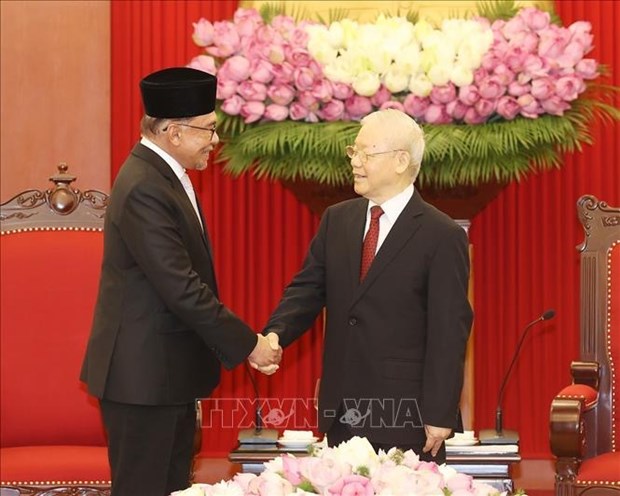
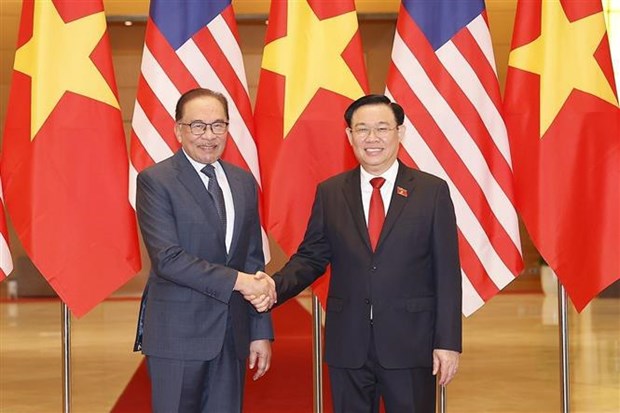
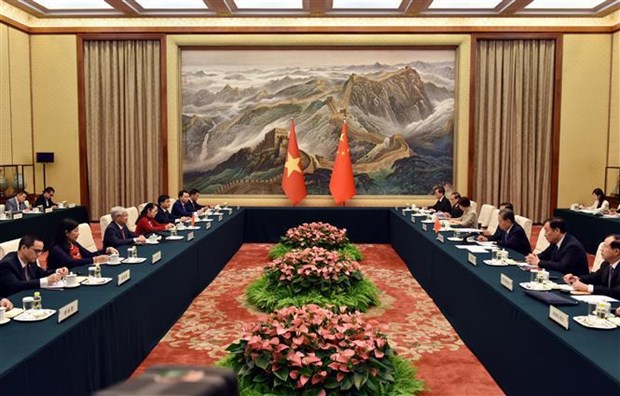
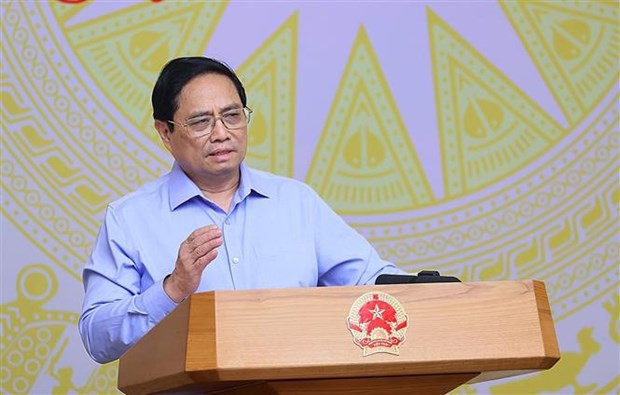
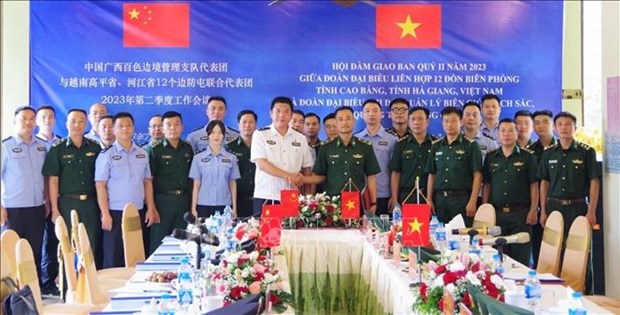
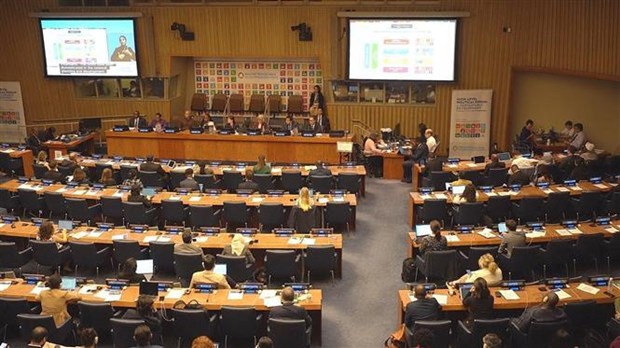
.jpg)
